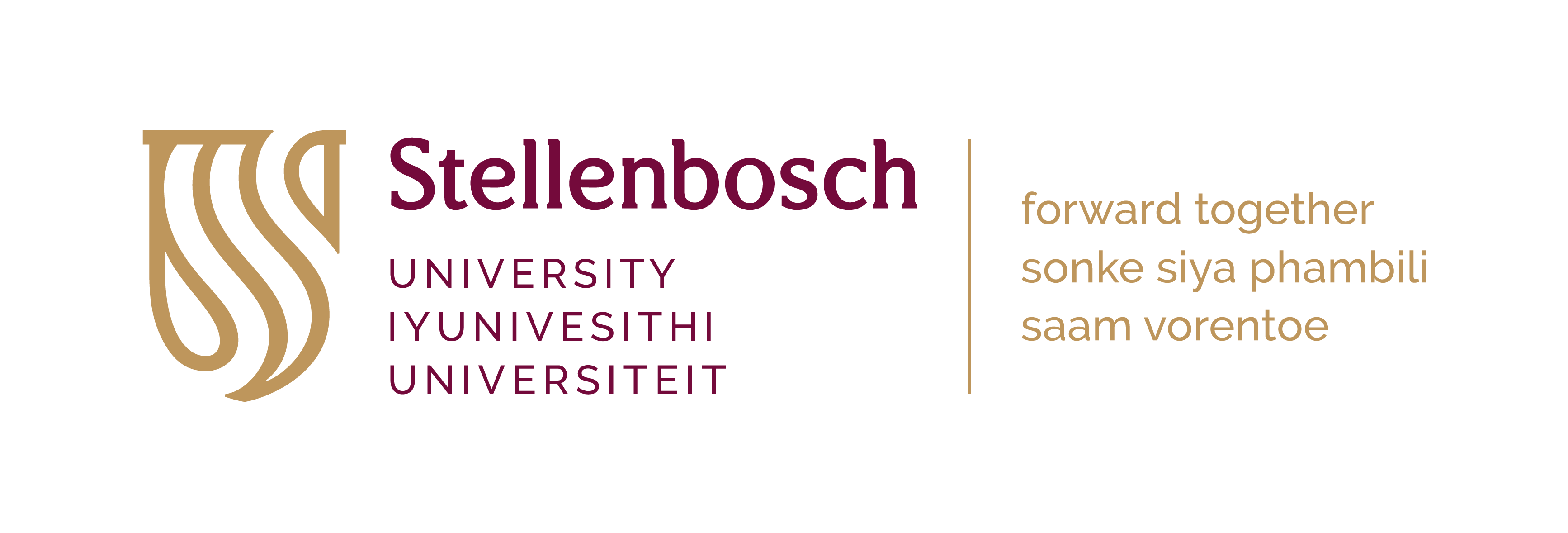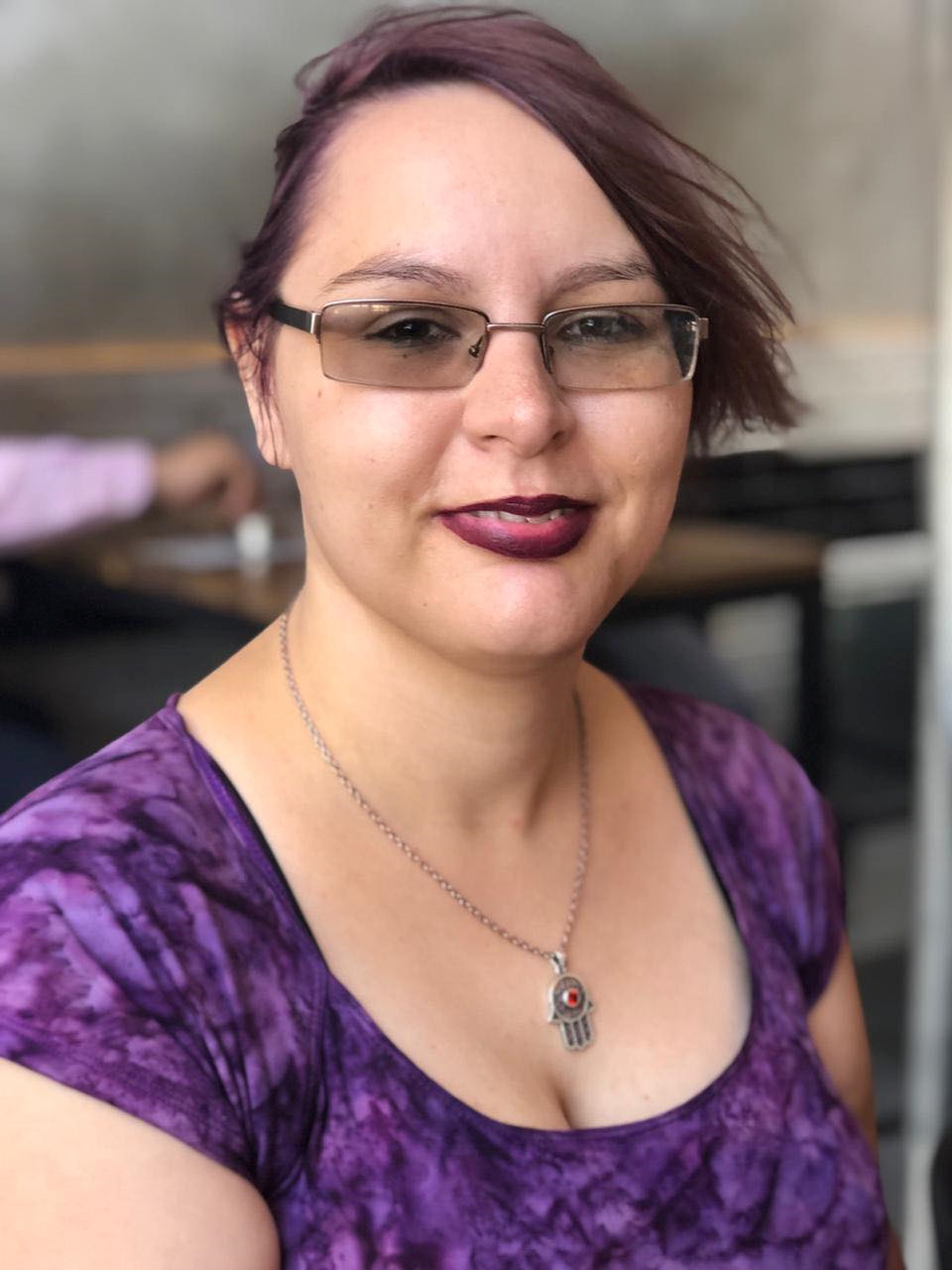Meet Ms Katelyn Cuttler, a doctoral candidate within the Parkinsons Disease Research Group at Stellenbosch University’s Division of Molecular Biology and Human Genetics, Faculty of Medicine and Health Sciences.
In celebration of Youth Month 2020, the Division of Molecular Biology and Human Genetics is paying tribute to young researchers within our institute. We share heart-warming stories of our students whose lives give us great hope for the future of South Africa. We thank these students for volunteering to tell us a little about themselves and their research.
Tell us briefly about your background?
I was born in Harare, Zimbabwe and moved to South Africa at the age of 4. I grew up In Johannesburg.
Why did you choose your field of study – what or who inspired you? Is this what you envisioned for yourself growing up?
My mother’s disorder and my experiences with dementia patients made me want to develop therapeutics for “incurable diseases”. My parents are the ones that inspired me by always doing their best to ensure I can follow my dreams. This is definitely not what I envisioned for myself growing up as I was always indecisive, but from a young age, I knew I wanted to make a difference in the world.
What is your research focus on?
My research focuses on a protein, neurexin 2, and trying to determine if it could play a role in Parkinson’s disease using cell culture and molecular biology techniques.
How can your research help to improve Africa and/or the lives of its people?
Neurodegenerative disorders are often under-reported in Africa, but pose a significant socioeconomic burden, especially because it is a long-lasting chronic condition. My research will help improve our understanding of Parkinson’s disease which may lead to the development of therapies. Hopefully, this will ease the burden of disease on African medical systems while also improving the quality of life for African people, especially our elders.
What obstacles did you have to overcome to get where you are today?
I have had to overcome multiple challenges to get to where I am today, Including: struggling to obtain SA citizenship, multiple protests and disruptions during both my Matric year and my university career, my father’s 18-month long unemployment (just before I started university!) and lack of funding, as well as struggles with depression. Perhaps my biggest obstacle to overcome was the death of my mother in 2017, in the middle of my MSc. She had struggled with rheumatoid arthritis for much of her life and died to complications caused by the disorder. Overcoming all these obstacles, however, helped me grow as a person and a researcher.
If you could invite any three researchers (alive or dead; local or international) to a dinner party, who would you pick and why?
I would love to hear from a famous physicist such as Albert Einstein or Neil deGrasse Tyson so I could learn more about the universe. Mario Blasco would be another interesting scientist I would like to learn from, as she basically created the telomerase research field, an enzyme which plays vital roles in ageing and neurodegenerative processes.
What is your favourite quote/saying?
“This too shall pass” (J.R.R. Tolkien)
Any advice for young people who are considering a career in STEM?
Follow your heart, stay passionate and enjoy the journey. There are many obstacles to pursuing a career in STEM. There are many times when you cannot get an experiment to work and you will question your decisions. But learning is one of the most amazing things you can do, and there is always more to learn in science!
What do you hope to achieve in the future?
I hope to become a better researcher so that my research can beneficial to those who need it. I would also like to help others realize their career goals.

